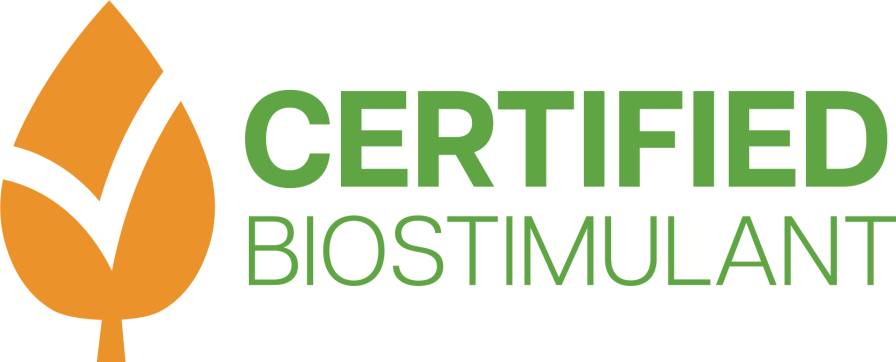Bayer-Monsanto Mega-Merger: 6 Things You Need To Know
Mega mergers have become almost routine in the agricultural industry. Right on the heels of Monday’s news that fertilizer giants Potash Corp and Agrium will merge, comes an even larger deal with Bayer acquiring Monsanto.
These transactions often raise more questions than answers. To quickly get you up to speed on the Bayer-Monsanto deal, here are six things you need to know:
- Deal Value. The $128 per share in all-cash transaction is based on Monsanto’s closing share price on May 9, 2016, the day before Bayer’s first written proposal to Monsanto. The offer represents a 44% premium to Monsanto shareholders and an aggregate value of $66 billion.
- Growers Will Benefit. The combined business will benefit from Monsanto’s leadership in Seeds & Traits and Climate Corp. platform along with Bayer’s broad Crop Protection product line across a comprehensive range of indications and crops in all key geographies. As a result, growers will benefit from a broad set of solutions to meet their current and future needs, including enhanced solutions in seeds and traits, digital agriculture, and crop protection.
- Enhanced R&D and Innovation. The combination brings together both companies’ leading innovation capabilities and R&D technology platforms, with an annual pro-forma R&D budget of approximately EUR 2.5 billion. Over the mid to long-term, the combined business will be able to accelerate innovation and provide customers with enhanced solutions and an optimized product suite based on analytical agronomic insight supported by Digital Farming applications.
- Contingency Plan. Bayer agreed to pay $2 billion if the deal collapses under anti-trust pressure, in what investors call a breakup fee. Bayer, which is financing the deal with a combination of its cash reserves and new debt, described the fee as reflective of “its confidence that it will obtain the necessary regulatory approvals.”
- Dual Headquarters. The combined agriculture business will have its global Seeds & Traits and North American commercial headquarters in St. Louis, MO. and its global Crop Protection and overall Crop Science headquarters in Monheim, Germany. The company will also have an important presence in Durham, NC, as well as many other locations throughout the U.S. and around the world. The Digital Farming activities for the combined business will be based in San Francisco, CA.
- Expected Closing. The companies said they expect the deal to be finalized by the end of 2017. The acquisition is subject to customary closing conditions, including Monsanto shareholder approval of the merger agreement and receipt of required regulatory approvals. Until closing, Bayer and Monsanto will continue to operate as two independent businesses.
1
1
5
Bayer-Monsanto Mega-Merger: 6 Things You Need To Know






